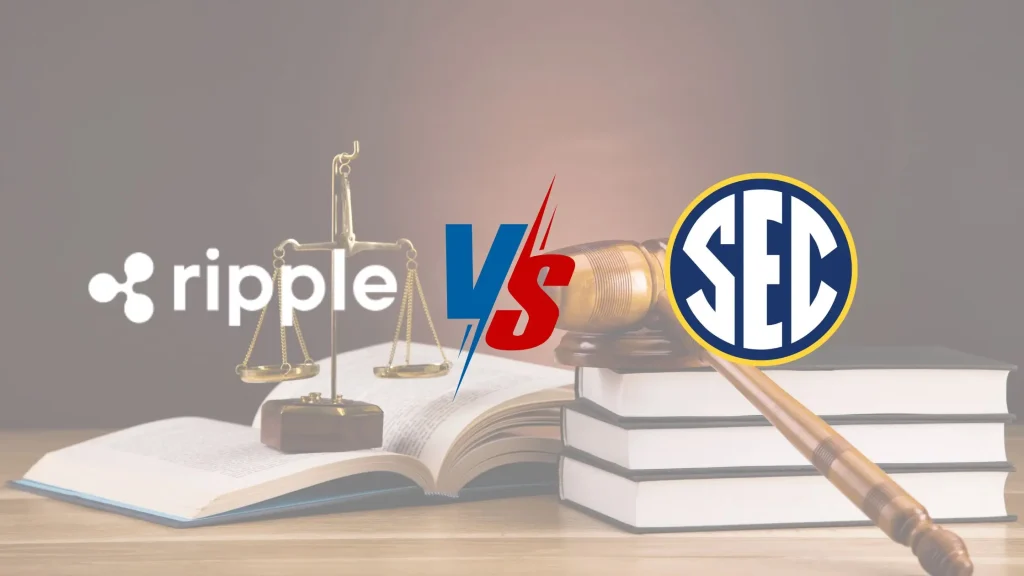30.06.2025 02:56
The United States Senate is poised to vote on the "GIG Act" on June 30th at 9:00 a.m. local time, a significant event announced internally. This vote holds considerable weight, potentially altering the regulatory landscape for stablecoins and creating substantial market fluctuations.
Scheduled for this Friday, the vote pits Senator Bill Hagerty, a proponent, against Senator Elizabeth Warren, a vocal critic. Hagerty champions the bill, arguing that robust stablecoin regulation is essential for maintaining America's global economic competitiveness, fearing that inaction will leave the nation lagging behind. Conversely, Senator Warren vehemently opposes the act, citing serious concerns about the potential destabilization of the financial system.
The immediate consequences of the GIG Act's passage would be sweeping changes to the regulatory environment faced by stablecoin issuers. Consequently, leading stablecoin companies and decentralized finance (DeFi) protocols could experience significant disruptions. Furthermore, should restrictive regulations pass, financial markets might see considerable shifts, impacting the liquidity and overall dynamics of the stablecoin market. Senator Warren's concerns are particularly pointed, warning that the bill "poses a threat to the country’s financial system, national security and democracy," allowing risky investments and activities while limiting regulatory oversight.
Market participants are closely watching this developing situation, with statements from influential lawmakers already prompting strategic adjustments within the cryptocurrency sector. The contrasting viewpoints of Senator Warren, emphasizing systemic risks, and Senator Hagerty, highlighting the importance of innovation, clearly demonstrate the significant stakes involved. This legislative action may well trigger substantial reallocations of capital within the cryptocurrency markets.
Historically, votes on similar regulatory proposals have consistently led to considerable volatility within cryptocurrency markets. The upcoming vote on the GIG Act is therefore expected to generate substantial market activity as investors and traders react to the outcome.









